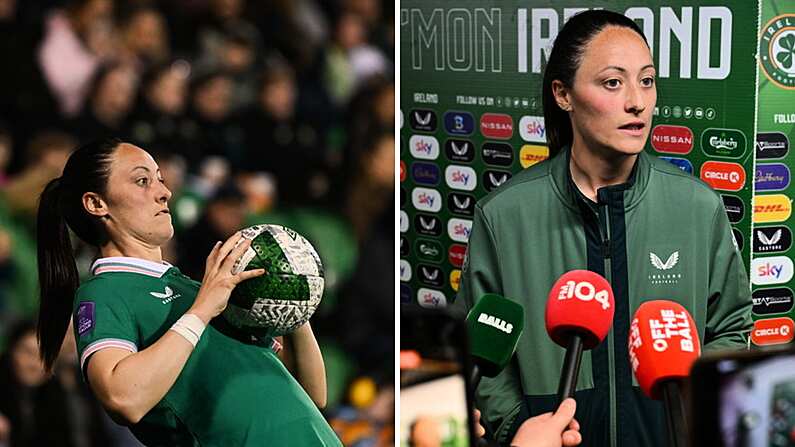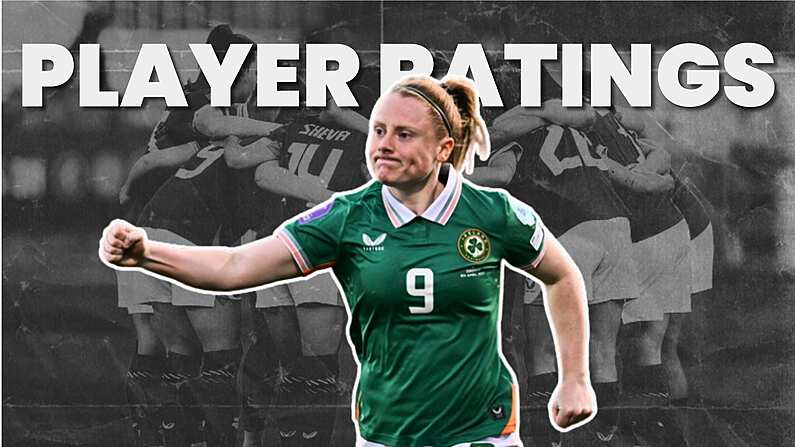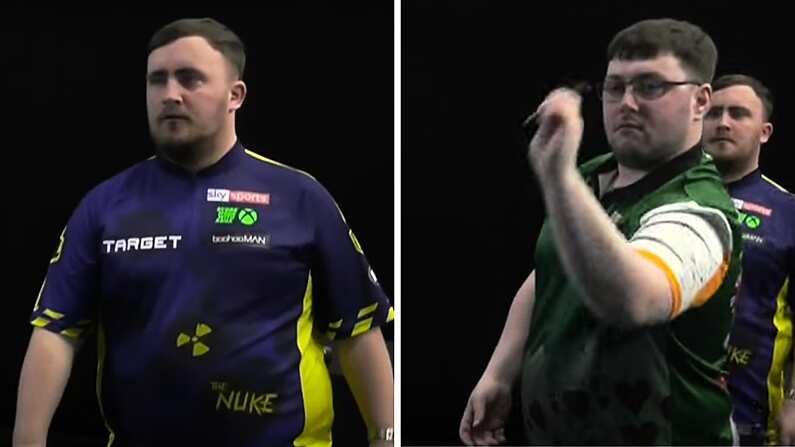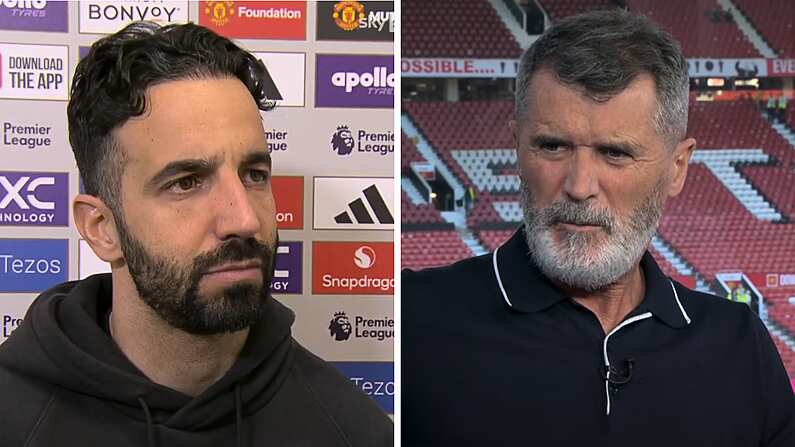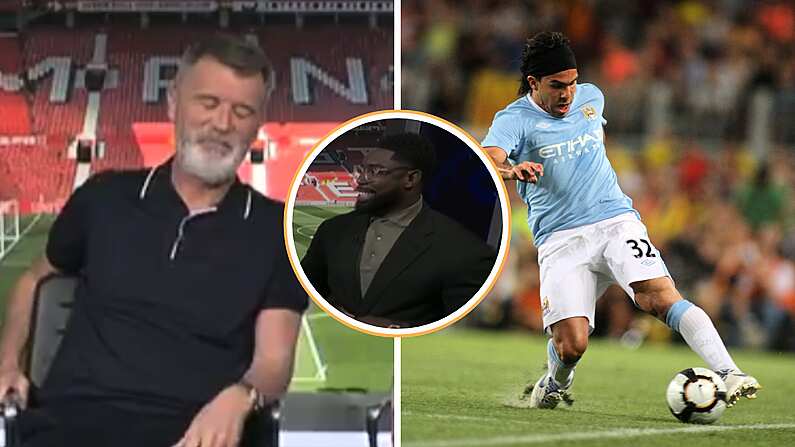Alexander Netherton is a freelance writer. Today he comes to the defence of James McClean following his decision to turn away from the national anthem.
James McClean has come under fire once again after seemingly refusing to engage with the English national anthem during a West Bromwich Albion friendly against Charleston Battery in the United States.
This episode ably demonstrates that, far from FIFA’s proclamations that politics have no place in football, it is instead evident that the wrong politics, whatever they are deemed to be, are seen as a problem. Likewise, just as the English press want passion from players in the Premier League at a time commercialism is stripping the soul out of the modern game, McClean is criticised for showing his.
McClean’s crimes are, it seems, that he will not look in the correct direction when the English national anthem plays, and he will not wear a poppy on his shirt when the Armistice date comes around every year. His reasoning is simple and justifiable: he is from Derry in Northern Ireland, a town which experienced abuse first hand at the British army, who killed innocents in Bloody Sunday.
Before anyone claims otherwise, this is no defence of the IRA or any murder on any side, merely to point out that objectively, and presumably from McClean’s point of view, the resentment of the British army, and therefore the English national anthem, is entirely logical and justified.
The criticisms of McClean are as varied as they are jingoistic and ignorant. The main one is that politics has no place in football. The second is that if he dislikes England so much, what does he think he is doing here. Thirdly, that he is acting out provocatively against those who died in the two World Wars. It is little effort to dismantle these arguments.
Firstly, as briefly explained above, it is not that politics has no place in football, it is that those who are so angry at the moment wish to promote their own reactionary and conservative politics, which have become traditional in football and much of the English press.
The odd fetishisation of the poppy in football was started about a decade ago in the right-wing press, which increasingly hysterically demanded that one club after another conformed to printing a poppy on their shirts on or near the date of the Armistice. That is evidently politics - the army is an instrument of the state to carry out its political aims.
McClean has never attacked those who served in the First World War or the Second World War, he has merely pointed out that the same institution killed his own people, often in disgraceful, illegal circumstances. To opt out is a brave choice. But obviously, the Mail, Telegraph, Express and Sun would never venture these opinions, even in the sports pages.
Politics has a place in football because people make up football - it is impossible to avoid. Look at Qatar, look at Russia, look at the poppy. Politics has a place in football, and just as in the rest of life, it is often awkward and confrontational. It is a credit to McClean, that in his honest, sensitive and sincere approach to this issue, he is one of the rare characters not to seem either awkward and confrontational but genuine and reasonable.
The second argument, the tedious if-you-don’t-like-it-go-home nonsense, is the most fatuous of the three. If you accept that the British Empire has damaged every continent and country it has touched with oppression and belligerence, then it follows that those still feeling the effects of the British Empire should not be prevented from benefitting from the wealth in England. Wealth that, in part, was built on the trade and exploitation of the Empire.
McClean may not have suffered quite as much as other people across the world, but the logic stands up. And as we are told that our soldiers die for freedom and free speech, all McClean is doing is exercising the right the British supposedly fought for.
Thirdly, it should be noted that all McClean has done is opt out of observance, not provoked such as those on EDL marches or the front pages of the Mail vilifying immigrant nurses. The Telegraph only recently claimed Moeen Ali put his religion before his cricket team because he has a beard. McClean simply explained his actions honestly and succinctly, and does not constantly tell people what he makes of the national anthem or poppy; he merely reacts when the circumstances are unavoidable.
When papers and fans are decrying the young players of today as stupid, selfish, witless party-hopping ne'erdowells, they should in fact promote McClean. A man showing the British youth that it is sensible to be sceptical of the nation’s conservative tendencies, its insular self-assuredness, and above all, its aggressive intolerance, and to stand against its current descent into one-note jingoism.




